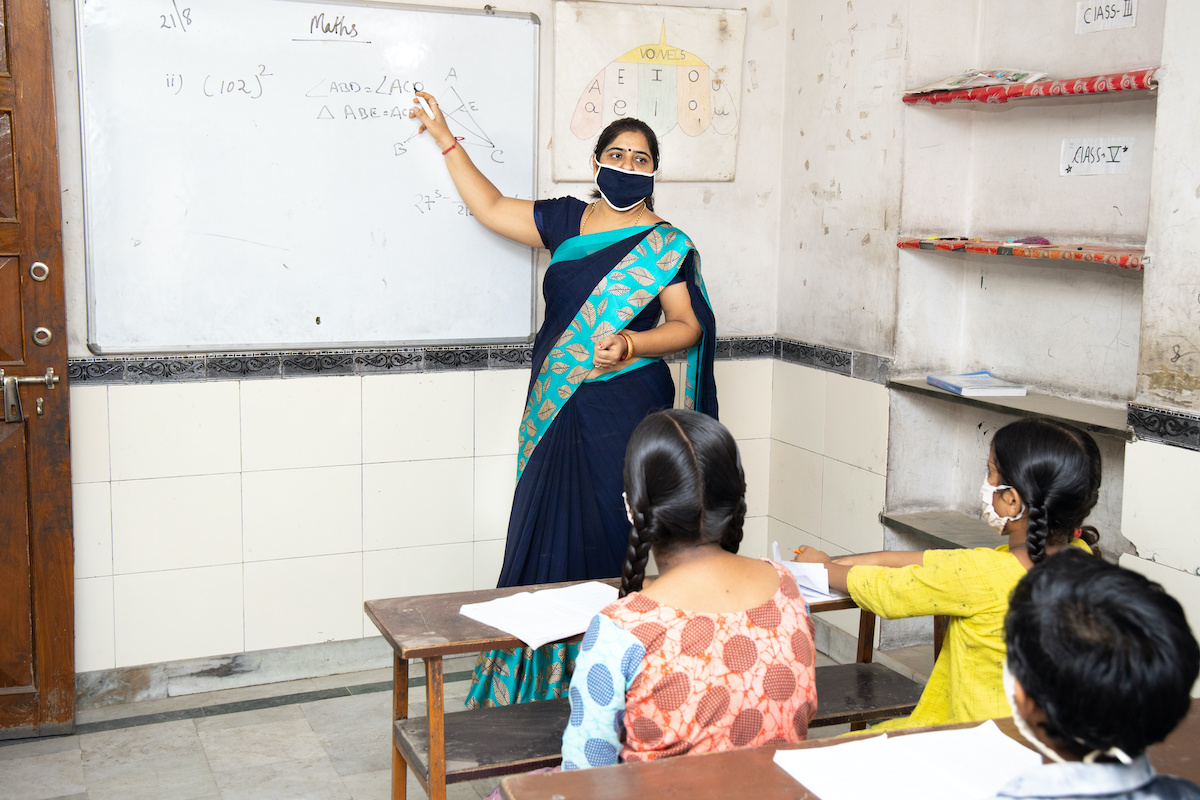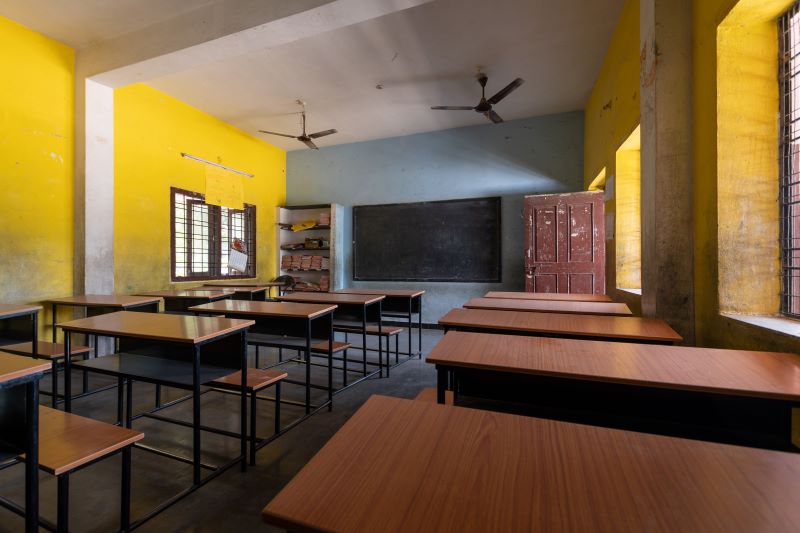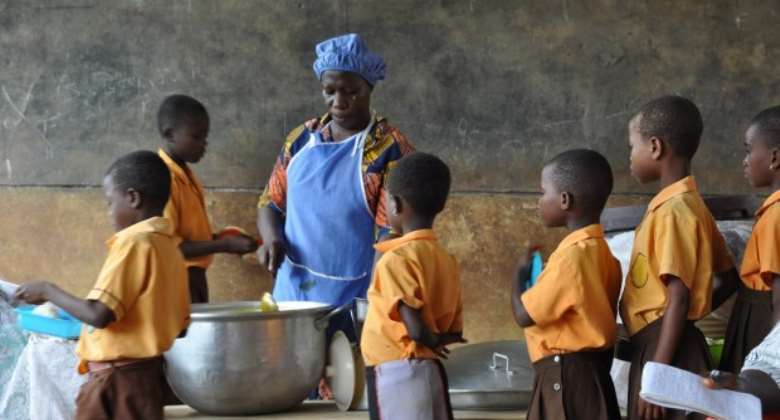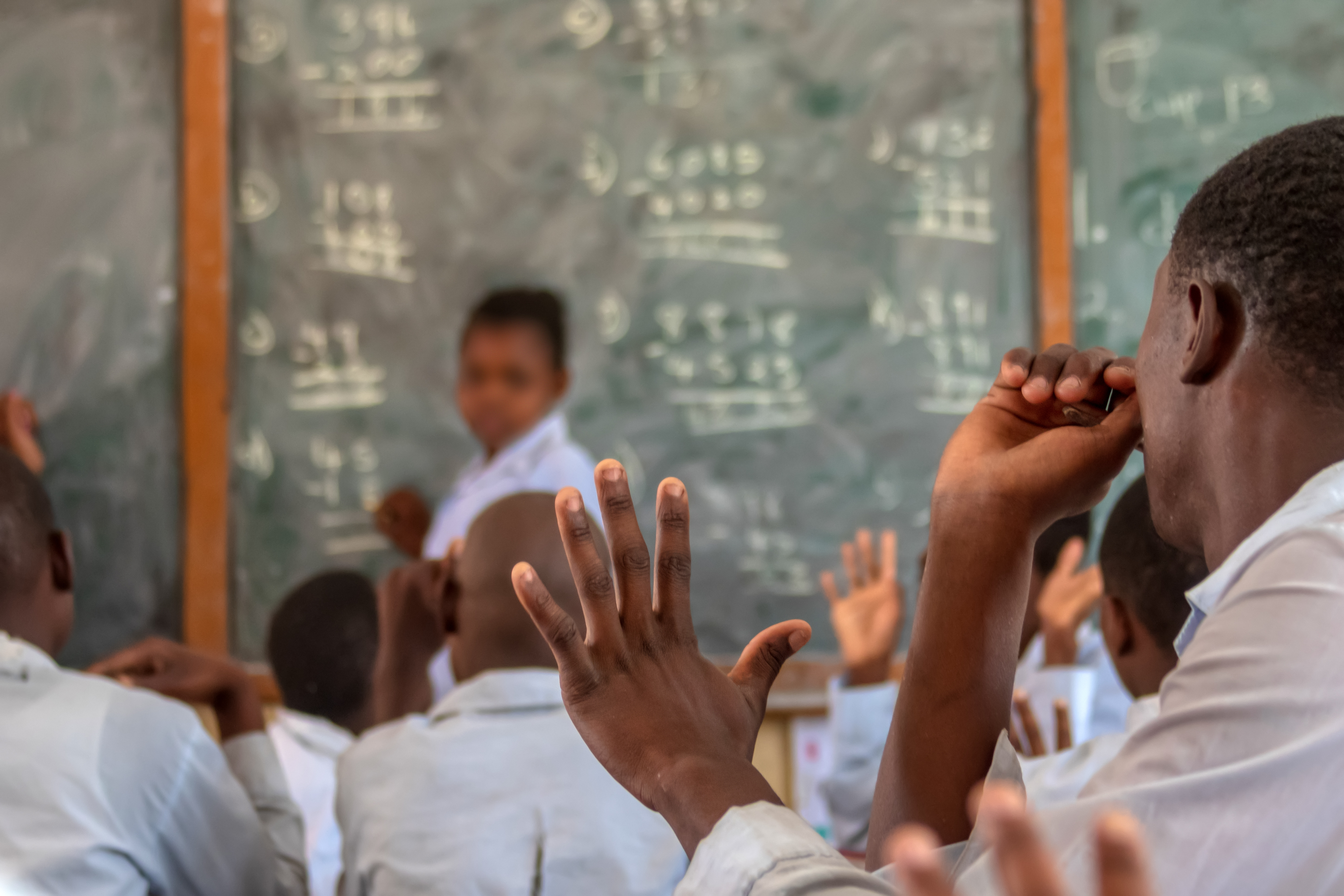Given the tight fiscal constraints governments across the world face, how can all children be granted their right to education?
Bigger investments in education are needed but, even more importantly, available financing must be used effectively!
Enter our report, Schooling for All: Feasible Strategies to Achieve Universal Education, and this related series, in which we make the case for (and against) specific public investments in education in low- and lower-middle income countries. This report purposely identifies the things that CGD researchers think money can fix; which developing countries can afford and realistically implement—as well as the policies which simply don't meet this criteria.
We place emphasis on policies like feeding kids at school, and making attending free, that have worked at scale. Governments from Ghana to India have shown that it’s possible to effectively implement policies like these nationwide, even in imperfect schooling systems, and they are affordable.
Here, you will find a series of posts and (sometimes dissenting) commentaries on each of our proposals, from not just CGD researchers, but experts within the global education community including Rukmini Banerji, Jishnu Das, Robert Osei, and many others.
Money might not be the binding constraint for everything that matters in education. But there is plenty for which it does matter.







